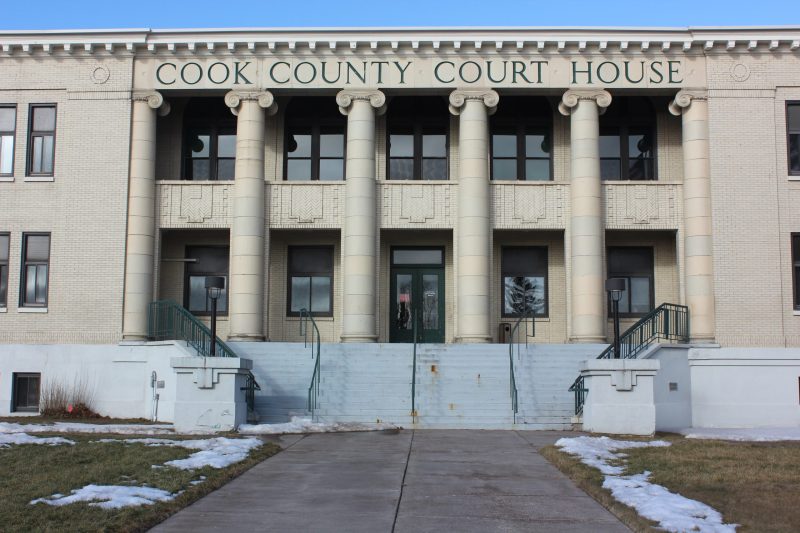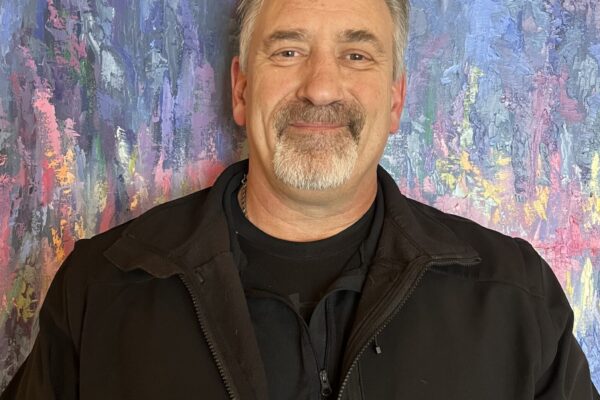PHHS reflects on success and lessons learned from substance misuse grant
The Rural Communities Opioid Response Program grant will end in August.
This four-year program, which Cook County Public Health Educator Andrea Orest oversaw as the prevention coordinator, examined the close relationship between substance misuse and mental health. It was a collaboration with Grand Portage Human Services, Grand Portage Health Services, Sawtooth Mountain Clinic, and the University of Minnesota-Duluth’s College of Pharmacology.
“The biggest success, in my opinion, because it took me almost the whole four years, was the formation of the Substance Misuse and Suicide Prevention Coalition of Cook County,” Orest told WTIP.
Orest also cited collaboration with Cook County Higher Education for naloxone training as an accomplishment. Over 350 community members have participated in these trainings, and naloxone are free to the community at the Cook County Courthouse.
The grant’s focus was to ensure that mental health resources were available to the community. People with stability and their essential needs are less likely to misuse substances. Quality health care, caring connections, coping skills, connections at school or work, and access to financial help are crucial factors in protection.
“Just creating those situations where people feel happy, healthy, and safe in their environments to continue to thrive,” Orest said.
In a small population, like Cook County, several factors can suppress the data around recorded instances of substance misuse. This can be to protect someone’s identity, but the stigma and shame can be just as impactful.
“Often times, people are less willing to seek out help or report something because they feel like if other people knew they would be judged poorly,” Orest said, “or it might affect their job or their standing in the community.”
One of the grant’s final initiatives is a public health vending machine, which can help de-stigmatize people who need help while also providing another protective service in times of need.
The service will have a one-year pilot program. The machine will be placed in the Cook County Courthouse and contain supplies ranging from personal hygiene items to safe sex kits, snacks, and risk reduction supplies like Narcan. The machine will also contain seasonal items like gloves and sunscreen.
During the pilot program, Orest hopes to gauge what supplies are still needed or most used in the vending machine and host community input sessions. Cook County also hopes to find a location where the machine can be available at all hours. Currently, the courthouse closes at 4 p.m., which would limit access.
The grant period ends in August, but work is being done for sustainability to ensure that what has been built over the last four years remains. Orest says strong relationships have been built with the schools, but hopes to create a youth arm of the Prevention Coalition.
“Our goal is to engage youth to sort of have their own Prevention Coalition so they can drive that primary prevention work based on what they see as youth in the community,” Orest said.
Collaboration will continue to be a focus of Cook County as Public Health continues to support services for mental health and substance misuse.
“I think one of the big things that we learned is that collaboration really is key. As you know, [with] a rural community with often limited resources,” Orest said, “the more that we can collaborate between agencies and community groups and community members, the stronger we will be in the end.”
WTIP’s Josh Hinke spoke with Andrea Orest about Cook County’s Rural Communities Opioid Response Program grant. The audio of that interview is below.














